The Real Xi: Reflections on the 20th Party Congress
Vienna-based Li Ling observes that while it seems that Chinese President Xi Jinping has removed all obstacles to his rule, actually the outcomes of the 20th Party Congress has shown another side of him: a level-headed and even disciplined man who can act in a measured and controlled fashion. Being able to show restraint while holding on to great power will be a delicate balance that one has to strike in Xi's "new era".
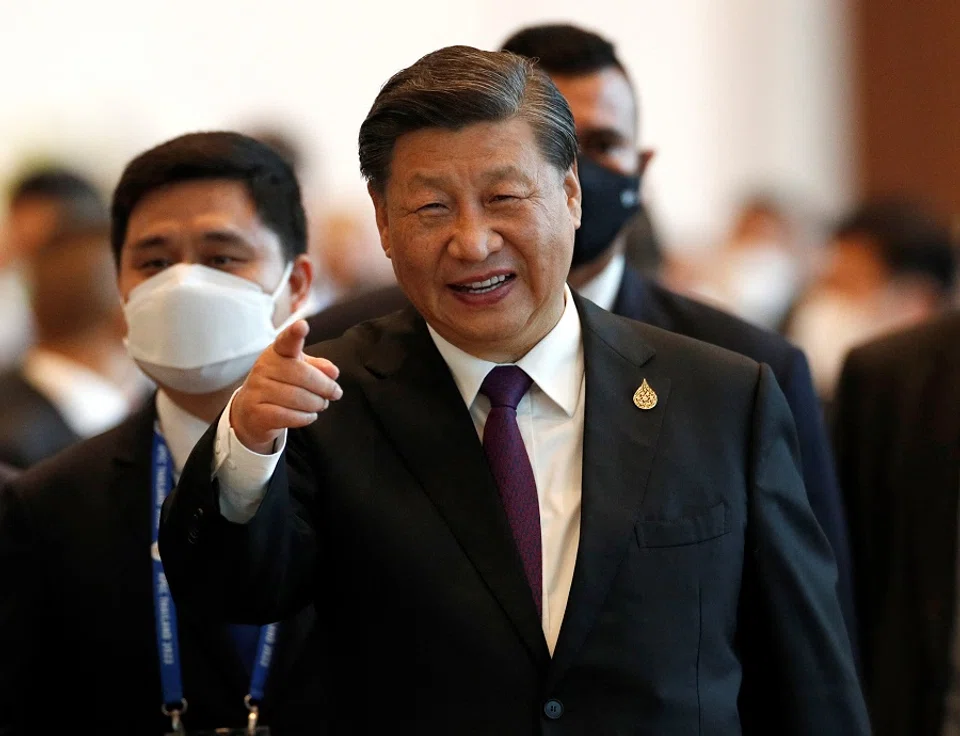
The electoral outcomes of the 20th Party Congress, combined with the dramatic exit of Hu Jintao from the podium at the closing ceremony, has shocked the community of China watchers. Many believe that the congress has shown Xi's "real wanton disregard" of all rules and norms that have been deployed to regulate the process of power transition within the Chinese Communist Party (CCP) in the past. Under the new leadership filled with all "Xi's men", some have predicted that Chinese elite politics has since entered uncharted territory and that nothing is any longer predictable. Now, after the initial shock has dissipated, it is time to conduct a more measured review of what has and has not happened and their long-term implications.
'Trinitarianism' and Xi's third term
The least surprising electoral outcome of the 20th Party Congress was Xi Jinping securing a third term as the general party secretary (GPS). It is unsurprising for at least two related reasons. First, there is no institutional constraint preventing him from seeking a third term. As I have explained elsewhere, memberships of top party decision-making bodies or offices are not subject to term limits. The term limit that is frequently mentioned in the media concerns state offices, including those of the head of the state (PRC chairman or president), the premier and the head of the National People's Congress (NPC). As transpired in 2018, the two-term limit of the PRC chairman was lifted under a constitutional amendment; the limits on other offices are still in place.
However, a term limit does not mean the end of one's appointment. What usually happens after an official has reached the term limit is 1) to be promoted to a different post of a higher rank; 2) to be rotated to a different post of equal rank; or 3) to retire if one has also exceeded the age limit. Hence, the term limit alone does not prevent a sitting member of the Politburo or its standing committee (PSC) from being re-elected for a third or fourth time. He or she just needs to be appointed to a different post if the term limit is an issue. For instance, if a premier has reached the two-term limit for the premiership, he can still be re-elected to the PSC and appointed to a different post, such as the head of the NPC.
...it is nevertheless a condition for the continued practice of "trinitarianism", which entitles the head of the party also to assume the offices as the head of the state and the commander-in-chief of the military concurrently.
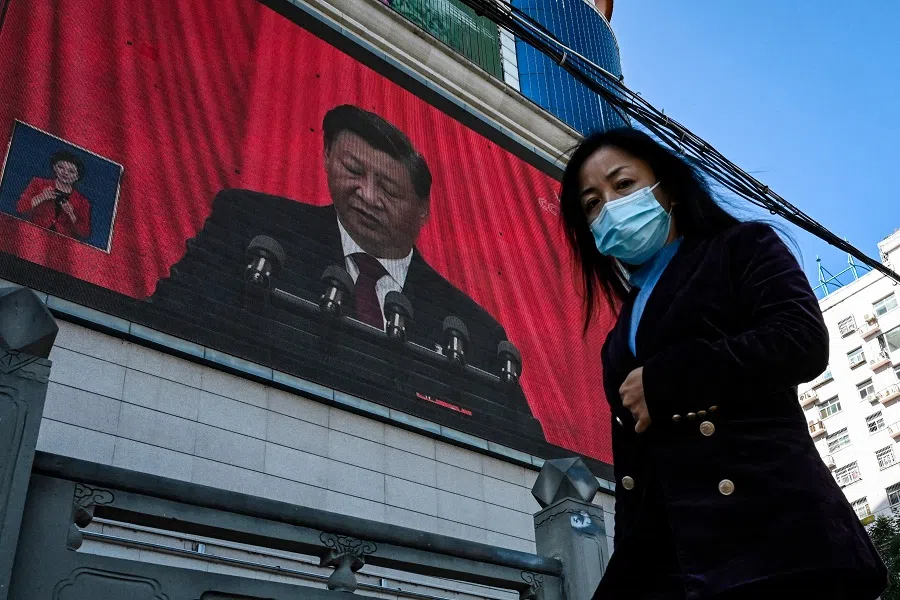
The second reason that made Xi's third term predictable is because of the public signal of his intention when he lifted the two-term limit for the PRC chairman in 2018. Even though the removal of the term limit for the PRC chairman is not a condition that "enables" Xi to assume a third term as the GPS as I argued above, it is nevertheless a condition for the continued practice of "trinitarianism", which entitles the head of the party also to assume the offices as the head of the state and the commander-in-chief of the military concurrently. The continued practice of this doctrine would become problematic only if and when Xi intends to stay for a third term as the GPS. Therefore, lifting the term limit of the PRC chairman in 2018 sent the message loud and clear.
Eliminating a competing faction
The age limit norm is the most visible regulatory mechanism that determines who must leave, who can stay and who can be promoted to top decision-making bodies of the party. This mechanism has been operative for the past three decades.
At the 20th Party Congress, the age limit norm is, unlike what many have assumed, very much alive and active. It is observed in 78% of membership changes, including departures, membership renewals and new admissions, at the Central Committee and 90% at the PSC, Politburo and the Central Secretariat combined. Violations are localised and exceptional, not the rule.
Having said that, Xi had indeed made several notable instances of violation concerning the age limit norm. The most notable instances occurred at the PSC. Based on the age limit norm, all sitting members of the PSC aged 68 or above at the time of election should retire and those under 68 should be allowed to stay. It means that there should be two vacancies at the PSC, which would allow the accession of two new members.
...this alternative approach consists of an enlargement of the PSC. Compared with what Xi had chosen to do, the alternative would face less resistance...
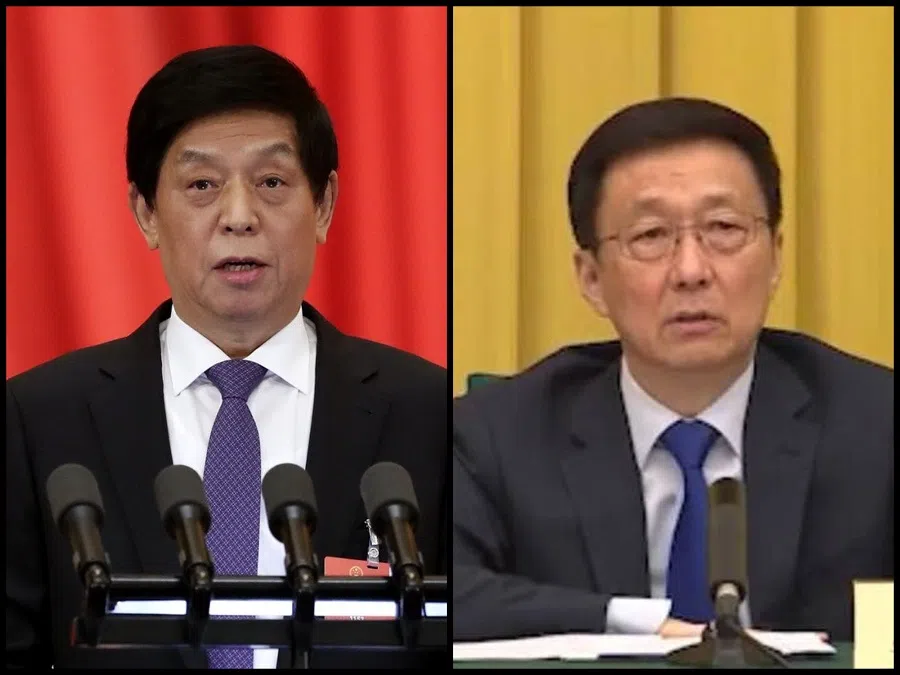
At the 20th Party Congress, the two sitting members over 68 (Li Zhanshu and Han Zheng) did retire. However, two sitting members below 68 (Li Keqiang and Wang Yang), who should have stayed, also retired. This led to four vacancies instead of two, which had been subsequently filled with four new members, all of whom clearly share close ties with Xi.
The significance of this course of action can be fully appreciated only in connection with an alternative approach. This alternative approach could keep Li Keqiang and Wang Yang at the PSC and allow all four of Xi's loyalists in at the same time. Also known as court-packing elsewhere, this alternative approach consists of an enlargement of the PSC. Compared with what Xi had chosen to do, the alternative would face less resistance and keep the age limit norm potent because the size of the PSC is more flexible than the age limit norm. The PSC had nine seats in 2002-2012. Xi is certainly fully aware of this option because he has changed the number of seats of the Politburo at this very congress.
In addition to the premature exits of Li Keqiang and Wang Yang from the PSC, Hu Chunhua, a Politburo member whom many believed had the most competitive advantage to be promoted to the PSC, had not only been denied the promotion but also failed to retain his Politburo seat. As unexpected as it is, Hu Chunhua's early departure from the Politburo is however not a violation of the age limit norm because, as I wrote before, ordinary sitting Politburo members do not enjoy the prerogative to stay even when they are under the age limit.
... the three cases of early departures have signified the elimination of the Youth League, a competing faction to Xi's own, at the apex of power of the party.
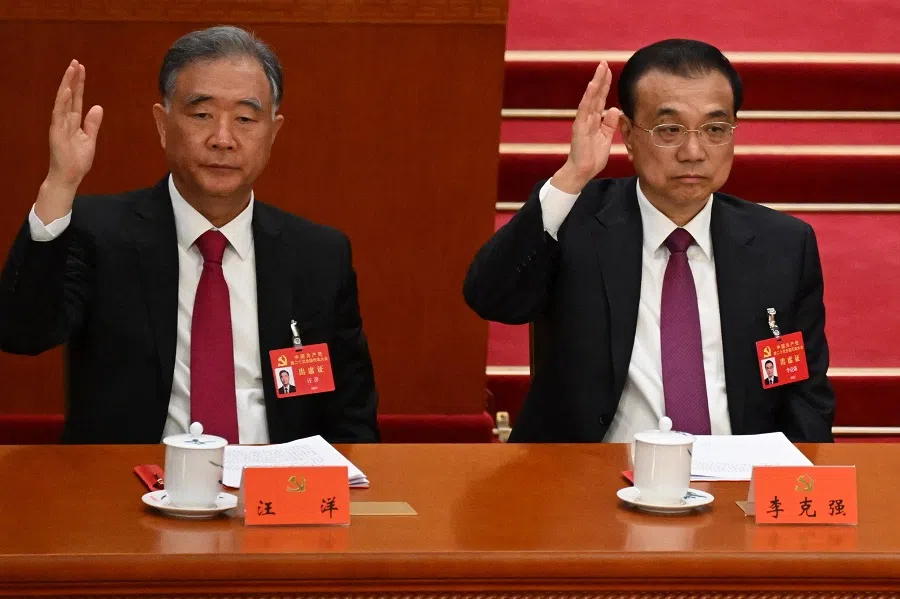
Nevertheless, taken together, the three cases of early departures have signified the elimination of the Youth League, a competing faction to Xi's own, at the apex of power of the party. The expulsive force of Xi's power was felt again, at a visceral level, at the closing ceremony when Hu Jintao, who once chaired the Youth League, was compelled to withdraw from his seat and be ushered off the podium, in a most unceremonial manner, upon Xi's instruction, not only in front of the eyes of the two thousand congressional delegates but also of the international press around the world. All these happenings exhibit the tremendous power of control that Xi commands, which only serves as a sharp contrast to a series of "non-happenings" that we will come to next.
What happened to the party chairmanship?
About a year ago, I wrote an essay pointing out the possibility of "a third road" that Xi might take to stay in power: the revival of the party chairmanship. "Party chairman" is the highest title that a party leader can strive for. Reviving this position would undoubtedly provide Xi with greater commanding power, security, and prestige. Various signals had suggested that preparatory steps had been taken in that direction.
One such signal is the launch of a half-decade-long campaign to propagate the doctrine of Xi Jinping Thought on Socialism with Chinese Characteristics for a New Era (hereinafter New Era Thought). A national ideological campaign launched with this level of intensity is designed not simply for indoctrination but also, and more importantly, as the preparation for a significant power manoeuvre. In the early 1940s, Mao launched the Yan'an rectification campaign, which is still celebrated by the party today, to dispel dissent, marginalise rivals and subsequently put Mao in the seat of party chairman, an uncontested leading position in the party.
Xi's New Era Thought campaign bears similar features. It was launched several years ahead of a party congress, where power was to be redistributed. It played a similar repertoire: to substantiate the intellectual power of the emergent ideological leader as the master of the Marxist theories and to designate the heralded new ideology as the infinite source of wisdom and strength that would guide the Chinese people to navigate all challenges and uncertainties into a brighter future.
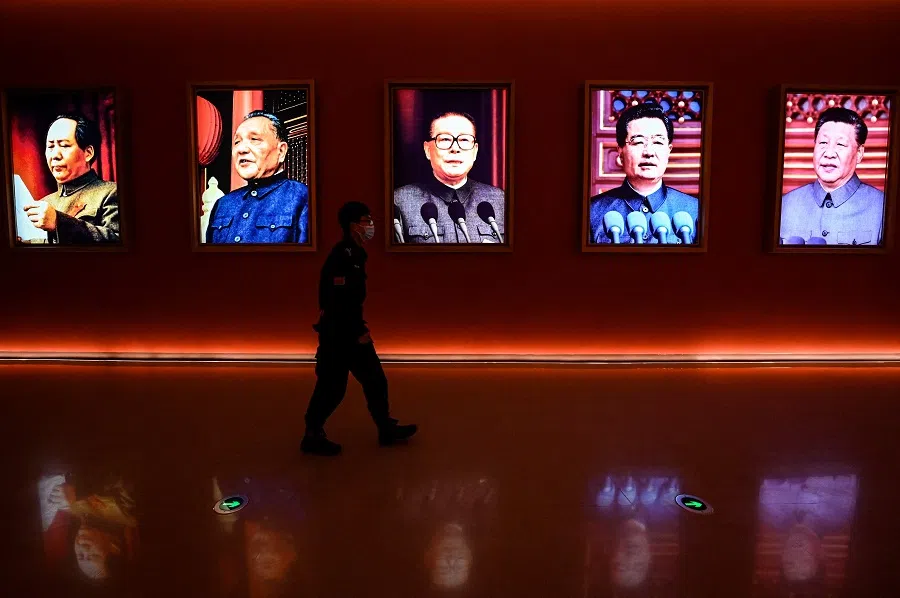
In the months leading up to the 20th Party Congress, the party's propaganda machine had also started to adulate Xi as the "people's leader", which again compels one to draw a parallel to the "great leader", a title that Mao enjoyed at the peak of his power. These campaigns, combined with Xi's undiminished power to dictate major controversial policies at the Politburo ahead of the 20th Party Congress, made the prospect of reviving the party chairmanship not only a logical but a realistic choice at this congress.
...the importance of ideological terms such as the "people's leader" and "Xi Jinping Thought" is secondary compared with that of securing seats in top decision-making bodies.
However, the 20th Party Congress closed with paradoxical outcomes: on the one hand, Xi took the audacious move to end power-sharing at the PSC, as explained above; on the other hand, he took no action on the revival of party chairmanship, nor on the officiation of "people's leader" or the inscription of New Era Thought as "Xi Jinping Thought" in the Party Charter. As an analyst noted recently, the latter would have put it on par with the ideology of Mao and above "Deng Xiaoping theory".
The same analyst interpreted these non-occurrences as the outcome of a "quiet resistance" erected by the retired party elders to "block" Xi's "path to lifetime leadership". This line of analysis appeals to readers who are attracted by dramatic effects. However, it errs on grounds of logical reasoning.
As mentioned earlier, party leaders launch ideological campaigns ahead of a party congress not simply for indoctrination but, more importantly, to facilitate power redistribution. It means that the importance of ideological terms such as the "people's leader" and "Xi Jinping Thought" is secondary compared with that of securing seats in top decision-making bodies. Hence, if the elders truly intended to block Xi, they should have first and foremost fought to place their candidates into the PSC, for which they do actually have a chance to achieve because they are members of the Presidium Standing Committee of the Congress, which steers and oversees the electoral process.
... the only person who can stop Xi from solidifying his newly gained power advantage and reviving the party chairmanship is Xi himself.
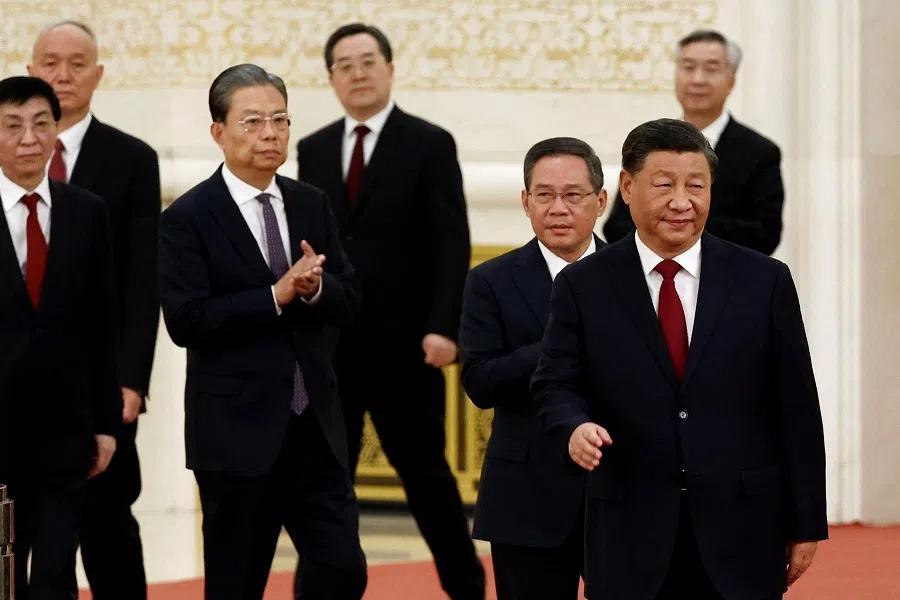
After having lost all the PSC seats and many more of the Politburo to Xi at the congress, the elders are largely disconnected from top level decision-making in the Party and would find it difficult even to stay properly informed, let alone to tie Xi's hands or to hold him to a promise to abandon further pursuit of power, if such promise were ever made.
If the assumption of fighting elders lacks persuasive power, how do we then explain the non-happenings concerning the revival of the party chairmanship and its associated trappings, despite Xi's decisive success in expanding his personal power at the PSC?
... what he has shown us is a different side of his personality: a cautious and even disciplined man who can act in a measured and controlled fashion.
Revealing the real Xi
Based on the analyses provided above, it is reasonable to conclude that the only person who can stop Xi from solidifying his newly gained power advantage and reviving the party chairmanship is Xi himself. The paradoxical outcomes of the congress reveal a more complex and multi-dimensional character of Xi as the supreme leader of the party: he does not apparently present himself as a power maniac or to be driven by vanity and self-glorification. Instead, he is able to exercise considerable self-restraint so as to achieve his intended best outcomes.
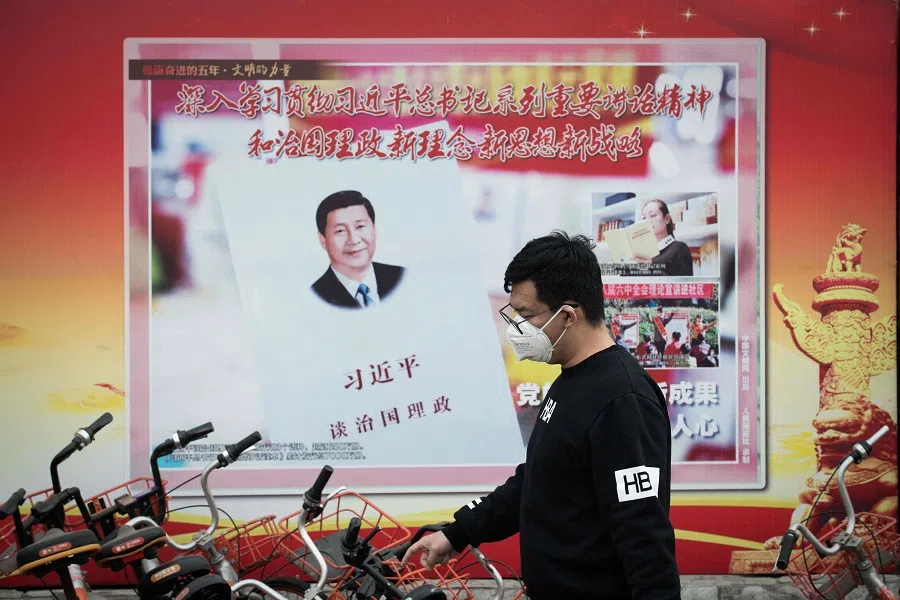
Being able to act decisively and audaciously is a personal trait that we have known of him from his earlier rule. Now, what he has shown us is a different side of his personality: a cautious and even disciplined man who can act in a measured and controlled fashion. It is not yet clear what concrete goals he intends to achieve with the power that he has obtained.
At the time when this piece is sent for publication, Xi is confronted with an unprecedented crisis under his reign: protests that challenge his signature political project, the zero-Covid policy, which is deemed a part of his political legacy.
Unlike most post-1989 protests, which tended to depoliticise their claims, current protests are demanding for political rights, political freedom and even the end of the party's rule. How is Xi going to respond to these emboldened young protestors? This is a truly testing moment: would he present himself as a relentless authoritarian ruler, ordering a cold and harsh crackdown and terrorising the population, or would he exercise self-restraint, overcome the authoritarian "impulse" and show tolerance: letting the protestors go with a slap on the wrist and responding to popular demands? No matter what happens, it is clear that the 20th Party Congress is not the beginning of the end but rather the end of the beginning of Xi's "new era".
Related: The most destabilising factor with the whole of China united under Xi | With a tight rein on power, does Xi have to follow his own rules in China? | With Xi-ism, is extreme power quietly taking shape in China? | Xi's model of Chinese modernisation shaking up China and the world | Xi removes Youth League faction from new leadership | Chinese state media: Party and state leaders step down of their own accord
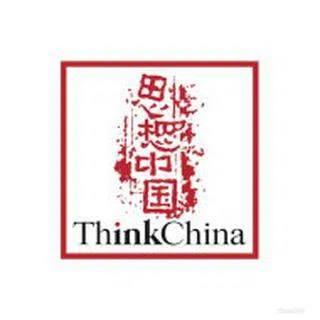




![[Big read] When the Arctic opens, what happens to Singapore?](https://cassette.sphdigital.com.sg/image/thinkchina/da65edebca34645c711c55e83e9877109b3c53847ebb1305573974651df1d13a)